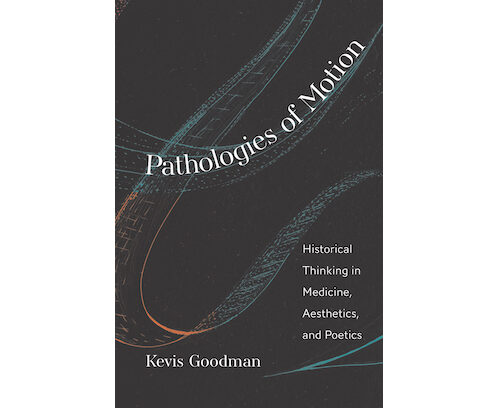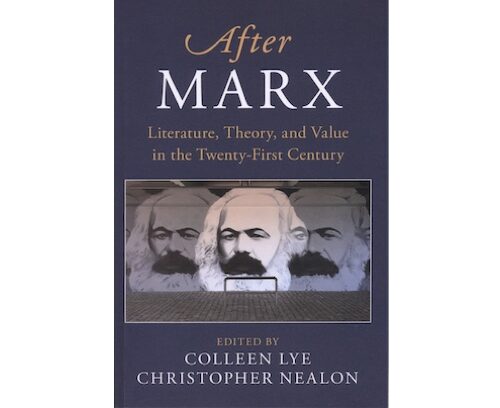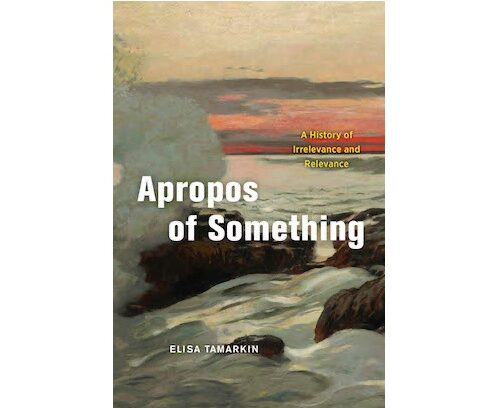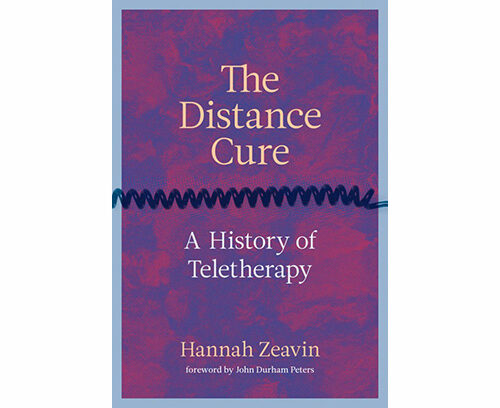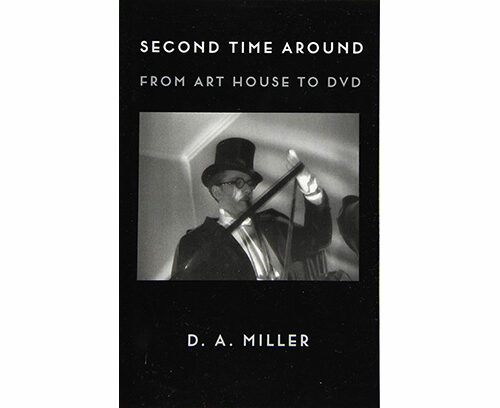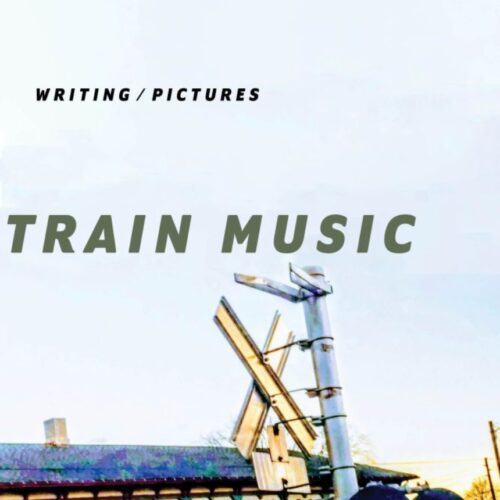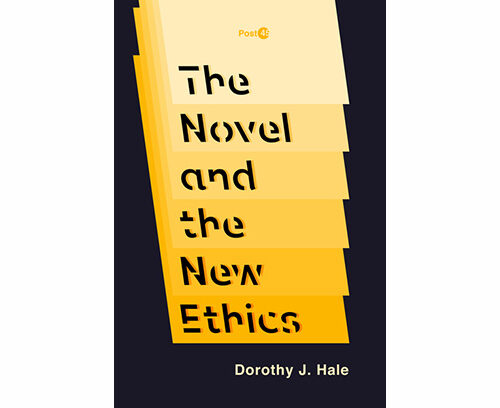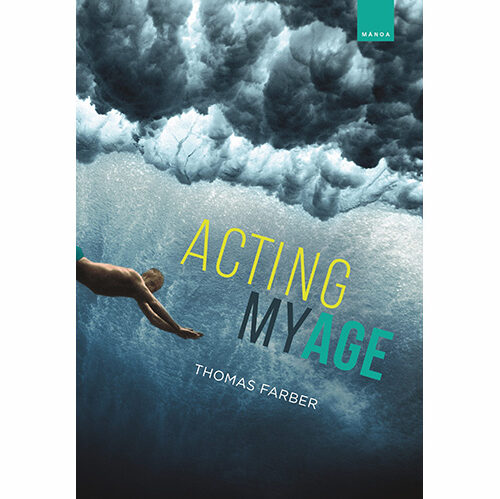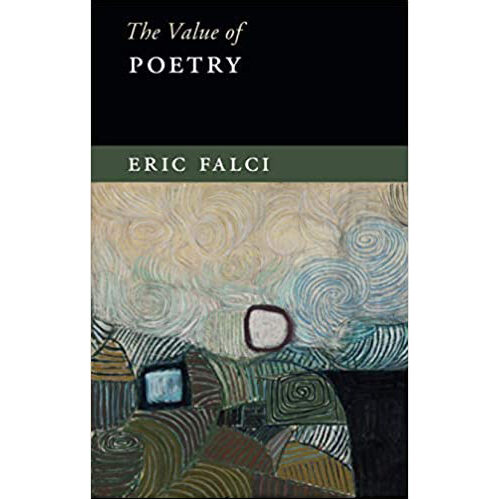Kevis Goodman’s Pathologies of Motion: Historical Thinking in Medicine, Aesthetics, and Poetics
Professor Kevis Goodman’s Pathologies of Motion: Historical Thinking in Medicine, Aesthetics, and Poetics (Yale University Press, 2022) is released this month. Pathologies of Motion offers a new account of later eighteenth‑century medicine, aesthetics, and poetics as overlapping forms of knowledge increasingly worried about the relationship between the geographical mobility of persons displaced from home and the internal motions constituting the physiology...

